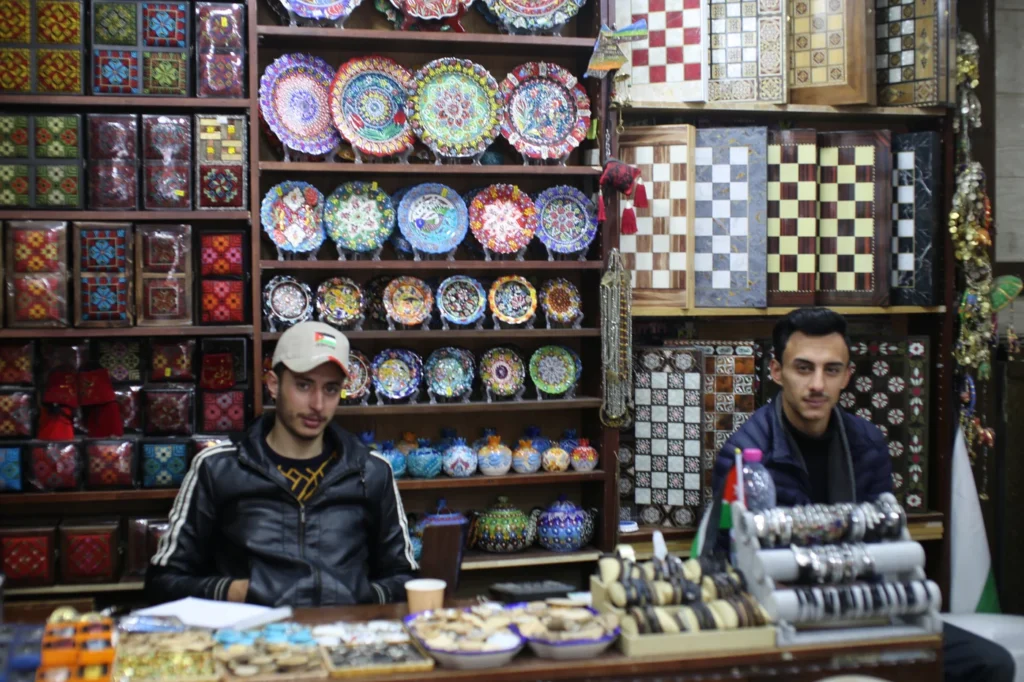Jordan's battered tourism industry sees little respite two years after pandemic began
Jordan received early praise for pandemic management, but tourism industry sees little boost as tough restrictions weigh on visitors and regional competition accelerates

18 February 2022
Yasser’s shop in downtown Amman has all the trappings of a Middle Eastern emporium. Ornate lights hang from the ceiling and colourfully embroidered dresses are stacked against the wall.
Before the coronavirus pandemic, business was “very good”, he told Middle East Eye, explaining that he made around 10 sales a day. His shop is a short walk from Grand Husseini Mosque, the city’s bustling souks, and traditional falafal resturants – all big draws for tourists.
Now, he can work 12 to 15 hour shifts for two or three days without a single customer: “Work has become very hard, there is no tourism at all.”
Yasser’s dependence on tourism is commonplace in Jordan, a resource-poor country where one in four adults are unemployed and aid from the West – mainly the US – bolsters the state’s coffers.
The industry had been a bright spot for Jordan’s otherwise beleaguered economy and comprised roughly 20 percent of GDP before the pandemic. In 2019, income from tourism grew at a rate of 10 percent, far outstripping Jordan’s two percent overall growth rate.